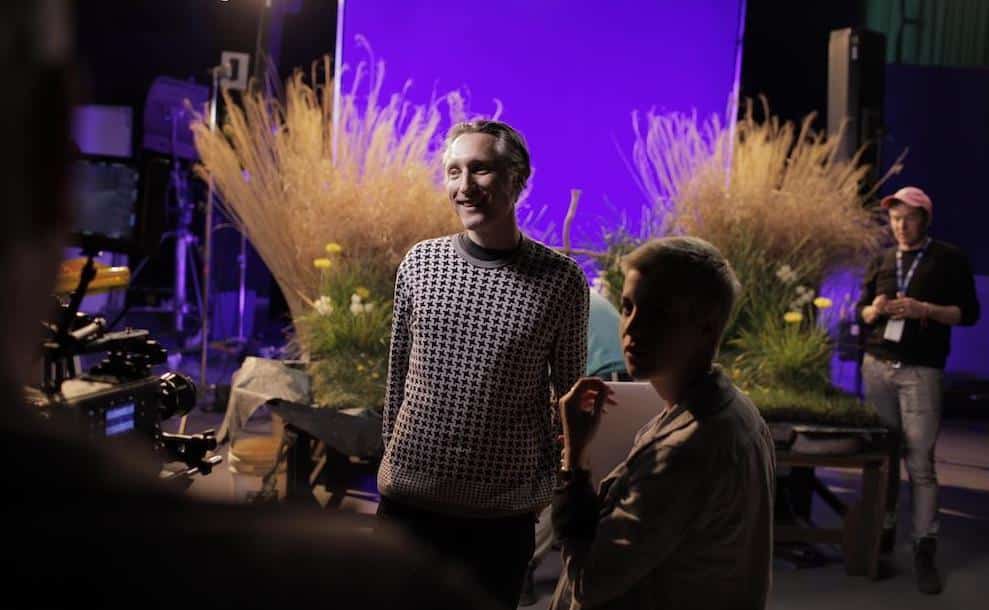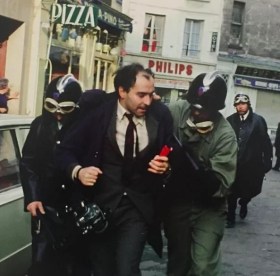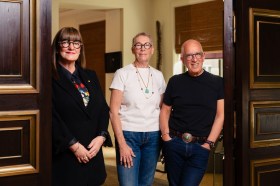The screen media sector is a terrific playing field for those who seek exciting and life-changing opportunities in a fast moving and rewarding industry. But it also a challenging industry and needs targeted skills and strategic thinking to make a go of it. The Master of Arts Screen: Business at AFTRS has been designed to meet just this need. And now, in 2021, AFTRS has created a mid-year intake in response to increasing student demand.
‘The Master of Arts Screen for Business would typically suit someone looking to accelerate their career or their career trajectory, either in an existent role or as a career change. Many come because they want to form a business enterprise,’ said Gerard Reed, senior lecturer of AFTRS’ Screen Business course.
The course is a combination of subjects focused on three key strands: creative leadership and entrepreneurial studies, financial management and screen media technology. It seeks students who can apply their existing media experiences to a course that sees, typically, graduates emerging with focussed business and entrepreneurial skills. Many do indeed go on to build exciting new businesses.
Prospective students often ask about prerequisite skills. Most who begin do have some experience in the sector, and some come with well-developed thinking, but the range and depth of experience is incredibly varied. ‘We take each application on its merits, and for those who may lack experience’, Reed said, ‘there’s no need to worry… come to us and discuss your ideas.’
‘Really, we are looking for people prepared to back themselves in a career change.’
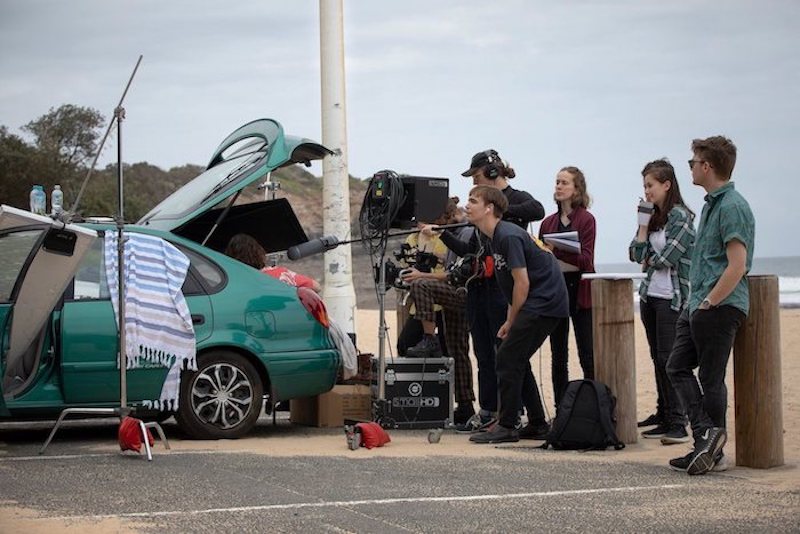
All Good Things. Image supplied by AFTRS.
Disruption and expansion
The two-year Masters’ is for students who have a passion for the screen sector. ‘It could be gaming or communications; we have had marketers and executive producers; and, recently, we have had students focused on virtual reality and its impact on production,’ Reed said. ‘The course has a strong emphasis on technology. Have a look at the recent massive disruption of the broadcast sector by streaming to see just how fast and deeply things are changing’, Reed said.
‘We look at technology such as: AI, machine learning, game engines, and new fields such as Virtual Reality (VR) and Virtual Production (VP),’ he says of the course content. ‘Not that we are going to change the name of the Australian Film, Television and Radio School by adding more letters, but it is amazing to consider how many new acronyms have entered the field since the school’s establishment in 1973.’
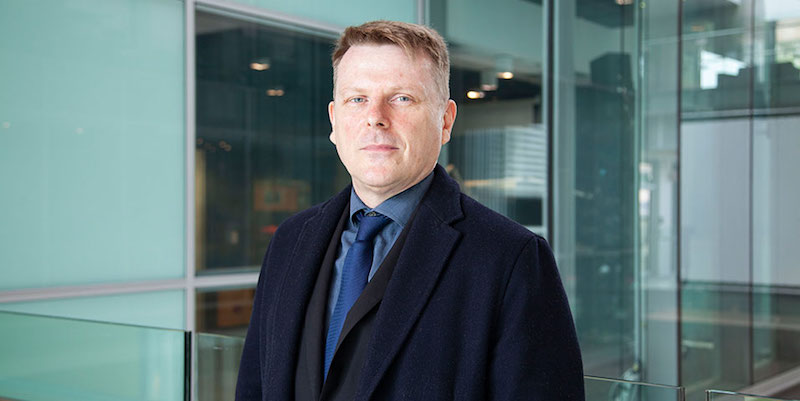
Gerard Reed is the senior lecturer of AFTRS’ Screen Business course. Image supplied.
In 2020, students studied VP by looking at Unreal Engine through Epic Games. Workshops studied the way the gaming market has evolved and influenced the way films are, well, ‘filmed’. It’s the expansion into traditional screen areas that it is important, Reed says.
‘You have to keep up.
‘Needless to say, we no longer focus on cinema presentation; we look at what we call Blue Ocean opportunities,’ Reed said. ‘We’re asking students to look outside of the existent market, or the legacy industries, and see what the opportunities are,’ said Reed. ‘The FAANG companies – Facebook, Amazon, Apple, Netflix and Google – now dominate our screens in ways the Hollywood Studios could never have conceived of last century. And those companies are now mature. So, ask yourself what is next?’
The course culminates in a capstone project, a major project tailored to the career ambitions of each individual student. In this way, the course has significant bespoke elements, making sure all students get the best out of the MASB, Reed said.
‘Students display an array of incredibly divergent thinking in the Capstone,’ Reed said, ‘and some of their thinking is truly entrepreneurial. Some walk out of the course and straight into an investor’s office.’
And for those interested in applying for the two-year course, Reed had the following advice:
‘We are interested in people who have elastic ways of thinking, flexible, agile, prepared to listen and learn to what the market is telling them,’ he said. ‘It’s a chance, over two years, to test and experiment and pitch, and get an idea right.’
Visit AFTRS to find out more about the Master of Arts Screen: Business.
